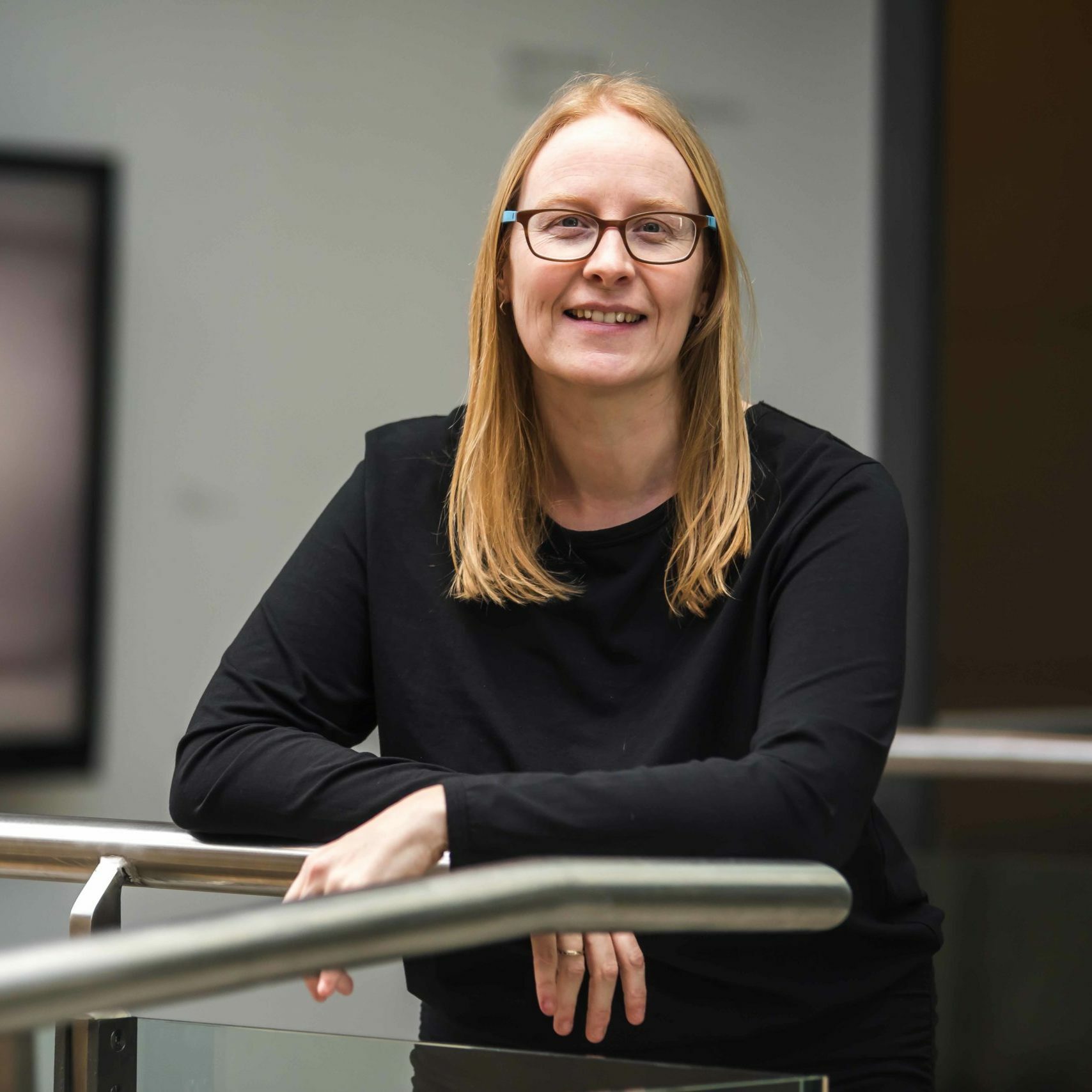EVALUATION AND IMPACT FOR LIBRARY AND INFORMATION PROFESSIONALS
Over 2021 and 2022 LIANZA worked with a wonderful cohort from across the library and information sector, to help them gain confidence and skills in evaluation research to tell ‘the story’ of New Zealand libraries services and programmes.
These initiatives were led by Marge Ainsley, a cultural consultant in the UK with specialist expertise in research and evaluation. They included four workshops and a nine-month community of practice.
Participants shared their work and experiences at online hui and at the LIANZA conference in 2021. You can read more about their work and experiences in the LIANZA Evaluation and Impact 2021-2022 Case Studies here.
This initiative was supported by the NZ Libraries Partnership Programme.

ABOUT THE FACILITATOR - MARGE AINSLEY
Marge is a well-respected cultural consultant with specialist expertise in research and evaluation. A Member of the Market Research Society, she was previously voted one of the 50 best freelancers in the UK by marketing magazine, The Drum.
Since launching her consultancy in 2008, she’s worked with a range of libraries, museums, and archives across the UK and internationally on a range of projects which seek to evidence insight and impact. These have ranged from evaluation of major grants programmes through to delivering training and facilitation in monitoring, evaluation and research for organisations with limited in-house expertise.
Over the last fourteen years as a consultant she’s worked with numerous arts organisations across the UK and internationally including LIANZA, Manchester International Festival, National Museums Liverpool, Carnegie UK Trust, Cumbria Archives, Cheshire Archives, Signal Film & Media, Manchester Museum, Manchester Art Gallery, The Whitworth, Dales Countryside Museum, Macclesfield Museums Trust, West Cheshire Museums, Scottish Book Trust, London Transport Museum, Arts Council England and Fountains Abbey (National Trust, Ripon).
Marge is an active member of the museums, libraries, and archives community, whether that’s sharing skills and fostering innovative ideas through publications, or by disseminating evaluation findings at sector conferences.
Further details regarding Marge's approach, testimonials and a full client-base can be found on her website: http://margeainsley.co.uk/
Photo credit: Chris Payne